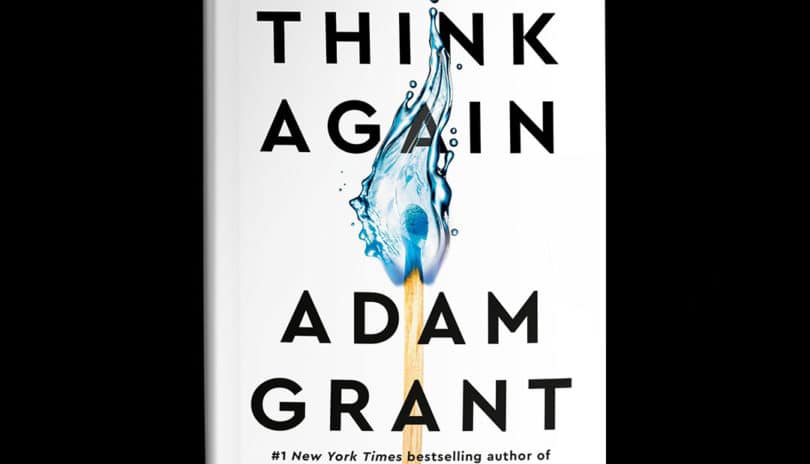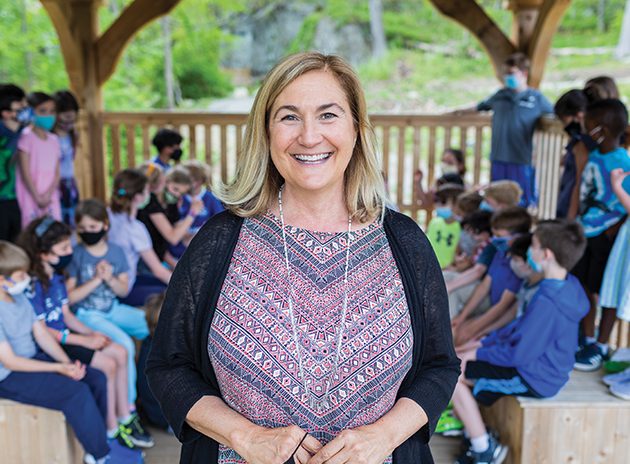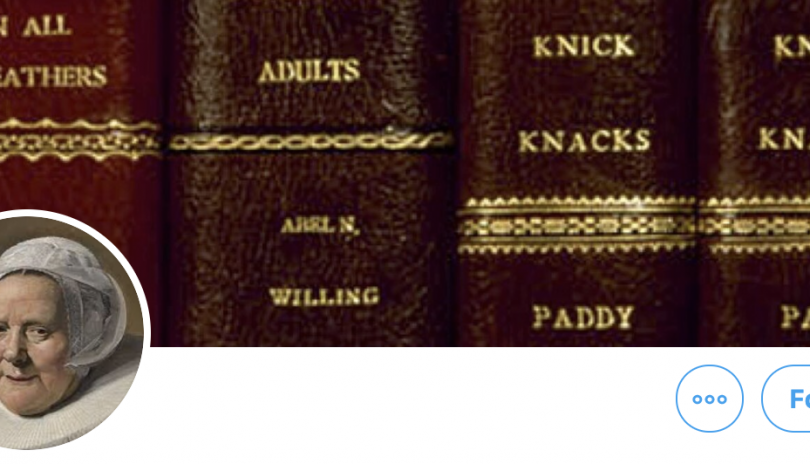How do children shape a coherent narrative about the world from the many disparate bits of news and stories they gather? In Paulette Jiles wonderful new book, News of the World, Captain Jefferson Jiles Kidd, a seventy-two-year-old veteran of two wars, travels from town to town reading aloud the news of the world. He reads in assembly halls, churches and feed stores across Texas, and prepares by collecting newspapers from near and far. The Captain circles the stories he thinks people most need to hear, and he makes his selections with great care. He knows people always like gathering practical information, so he starts all his readings with a report about which roads are clear and which are impassable. But he also understands that people need to be transported by stories in order to learn about the wonderful, curious, and mysterious occurrences in our world. These stories of beauty and wonder, over time, become the core of his readings.
As parents and educators, we at times function like Captain Kidd for our children, circling or highlighting some stories while ignoring or omitting others. Many factors go into determining which stories we elevate, including the desire to educate, protect, inspire, inform, and guide our children. But in today’s intense news and media culture, it is easy to live in a barrage of stories and lose the ability to shape these many disparate points into a coherent narrative about the world. While we can’t control which stories our children will see or hear, we can still decide which ones to emphasize and value.
In Emily Esfahani Smith’s new book, The Power of Meaning, she writes about the importance of storytelling and narrative in shaping meaning in life. The ability to form disparate events into a narrative about the world is one of a child’s main tasks. Children wonder; Is the world bad or good? Is the world impoverished or plentiful? Is the world getting better or worse? The way we use stories to form large ideas about the world and our role in it is occurring all the time, and often at an unconscious level. Reading News of the World and The Power of Meaning got me thinking about the ways I am like Captain Kid. I wonder, which stories do we need to circle for our children, and what meaning can they draw from the narrative these stories tell? I’m sure the answer is a complex one that shifts over the course of a child’s development, and the key to finding an answer is to stay alert to the fact that we shape the “news” for children just as surely as Captain Kidd circled the news of the world.








